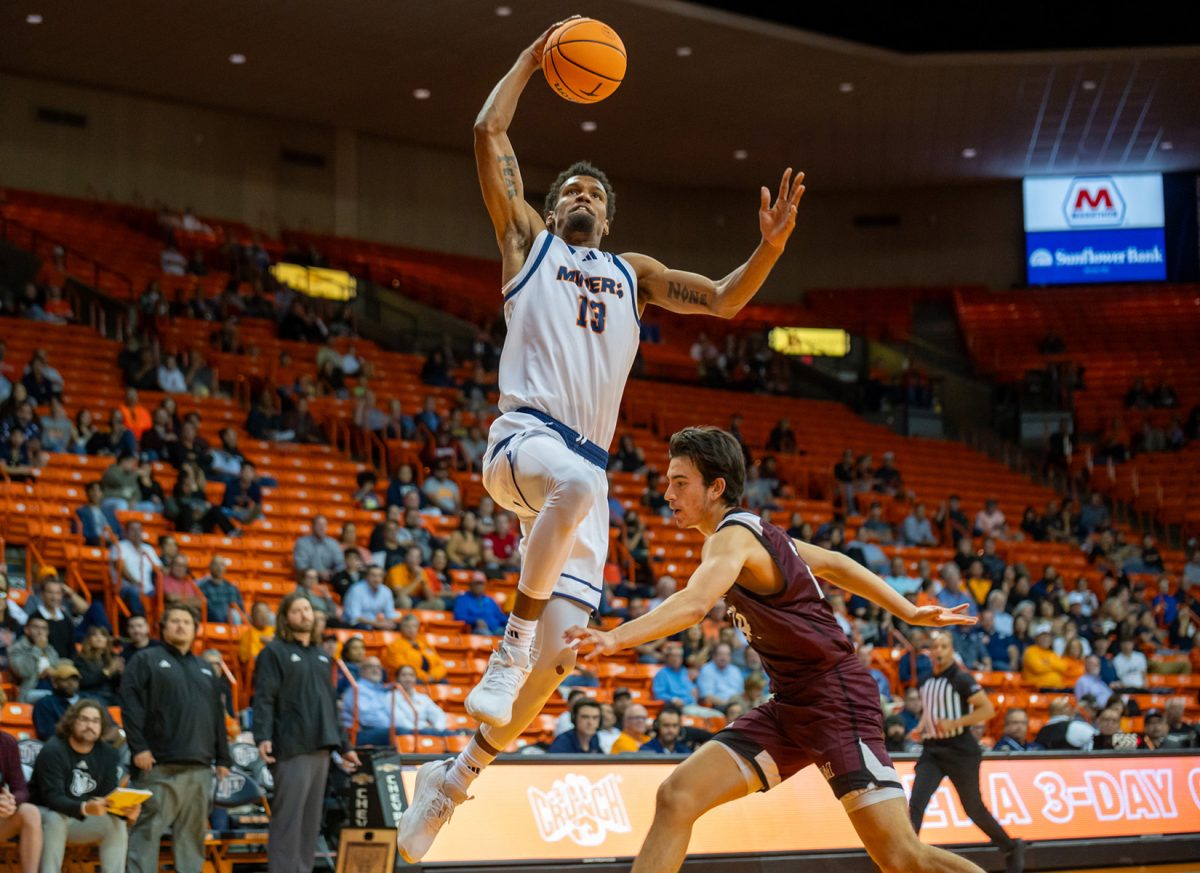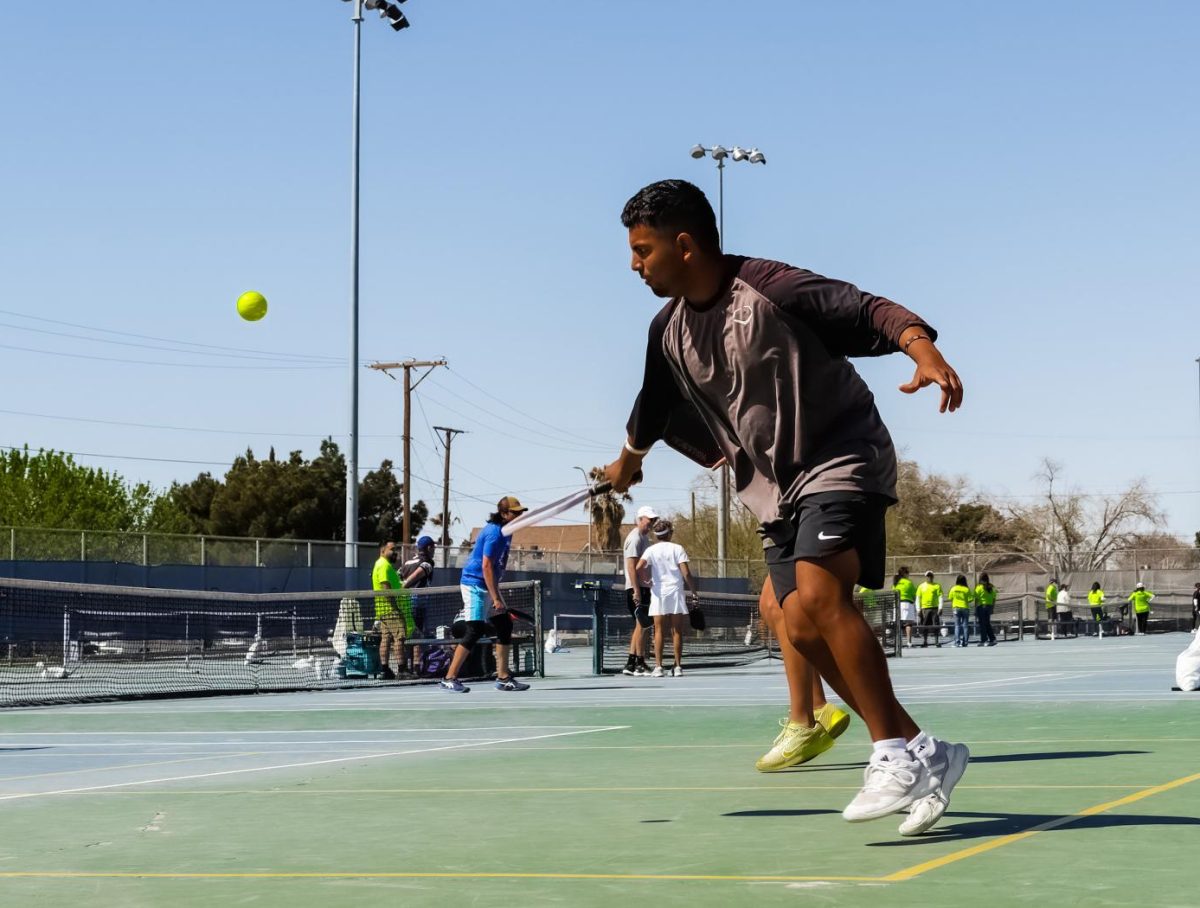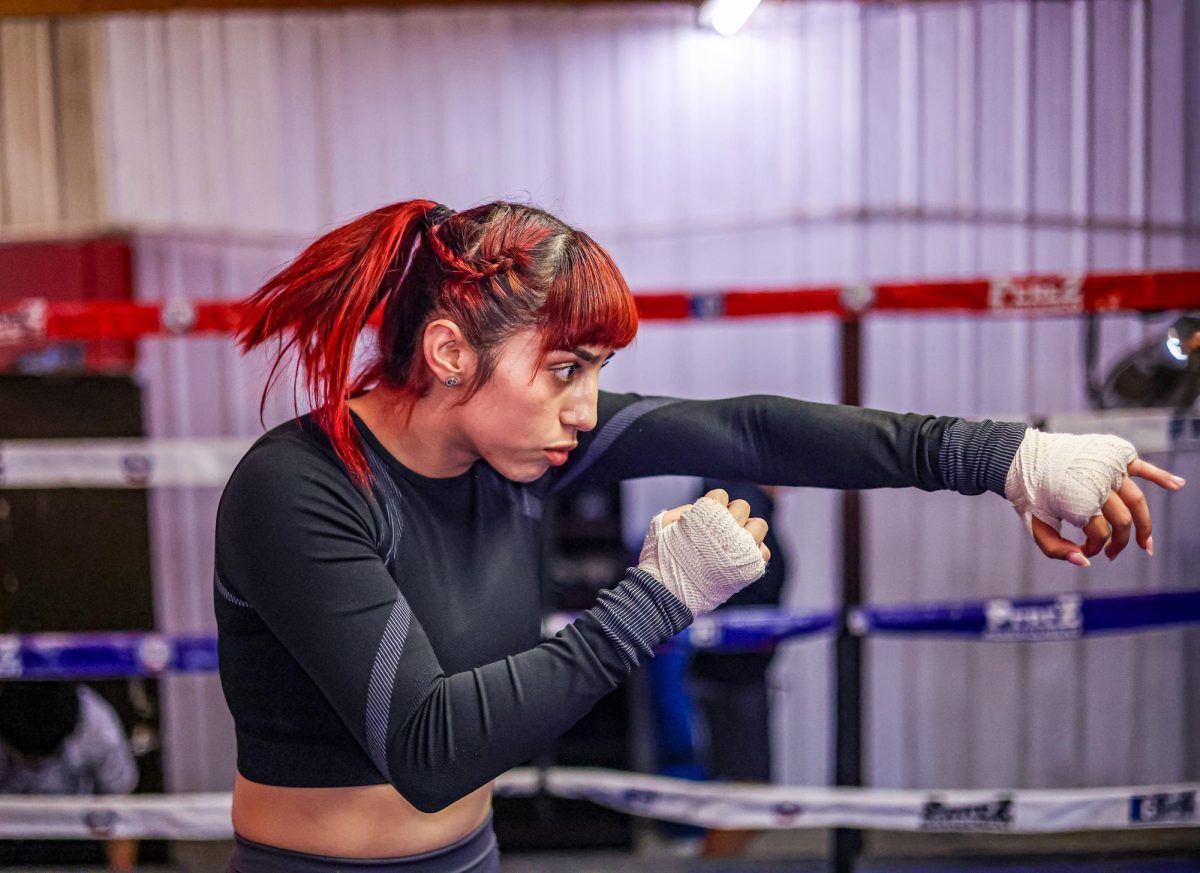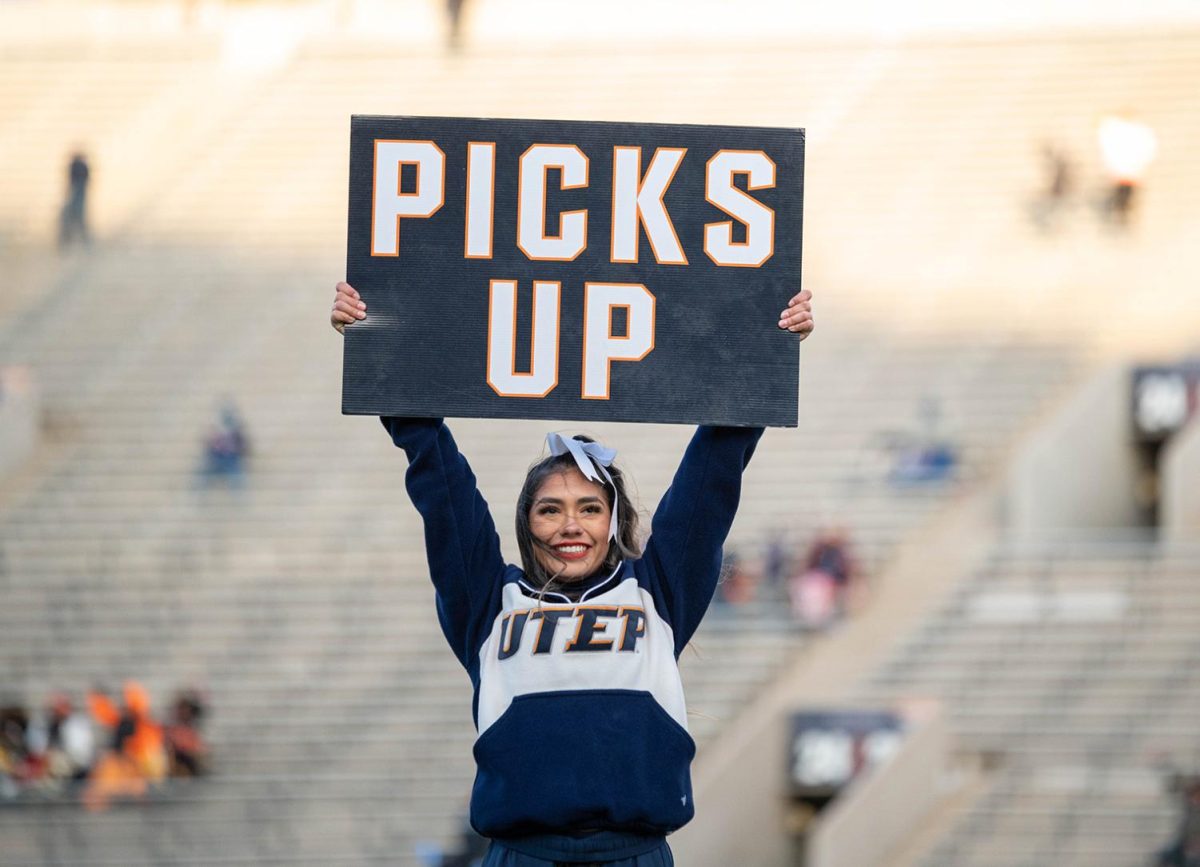For most of college sports history, amateur athletes could not profit off of their status.
That was until 2021 when the Supreme Court ruled that the NCAA was in violation of Antitrust laws because they wouldn’t let athletes receive financial benefits from their own on-field performance.
After the ruling, the NCAA had no choice but to implement an interim NIL Policy in 2021, one that was amended this April, as the governance update now let’s institutions facilitate deals between student-athletes and third parties.
The policy change lined up with UTEP’s unveiling of its second NIL collective in school history, the “Goldmine Collective.”
“They brought me on at the same time they developed and launched the Goldmine Collective, which is an all sports encompassing collective for UTEP,” said Aaron Price, Assistant Athletic Director for NIL Strategy & Sports Excellence.
Two years ago, supporters of the university’s men’s basketball program launched the “Miner Collective,” which also serves to help Miner athletes find opportunities.
Now all 17 sports have this ability. “We love the fact that we have two collectives, because we have more people involved (in) helping us raise money, the money that we are talking about is money that is helping student athletes, we’re not talking about the money you see on ESPN,” said Price.
There’s a common misconception that with every NIL deal comes hundreds of thousands of dollars from advertisements for each individual athlete, the Miners are on a different ride.
For UTEP who is in a Group of Five Conference in C-USA, NIL collectives are important because it aids players in sustaining their athletic careers at the university.
“We’re talking about money that’s going to help a kid, pay for boots in the winter, or a coat,” said Price.
It really works like a stipend one would get.
“That money will go to a player and that player will have to do some service in their contract. For example, we are partnered with the El Paso’s Children’s Hospital. Right now, most of the things that we’re doing is helping the hospital with engagement and giving back,” said Price.
When speaking further, Price spotlighted the participation of Miner student-athletes in therapeutic art sessions for patients at the El Paso Children’s hospital.
Despite NIL engaging UTEP athletes to become a larger part of the 915, many within the sports realm still yearn for the expulsion of the policy.
Price accepts that to evolve to accommodate the contemporary athlete, collegiate coaches need to roll with the times.
“There has never been a change, even in my father’s life, and he’s 78 years old, there’s never been a change, or a greater impact, than what we’ve gone through in the last three years and like it or not it’s not going to change.”
Even if El Paso may be at a disadvantage, there’s one characteristic that people who either were born, or moved here carry proudly in all aspects heart to community.
Sebastian Perez-Navarro is a staff reporter for The Prospector and can be reached at [email protected]








